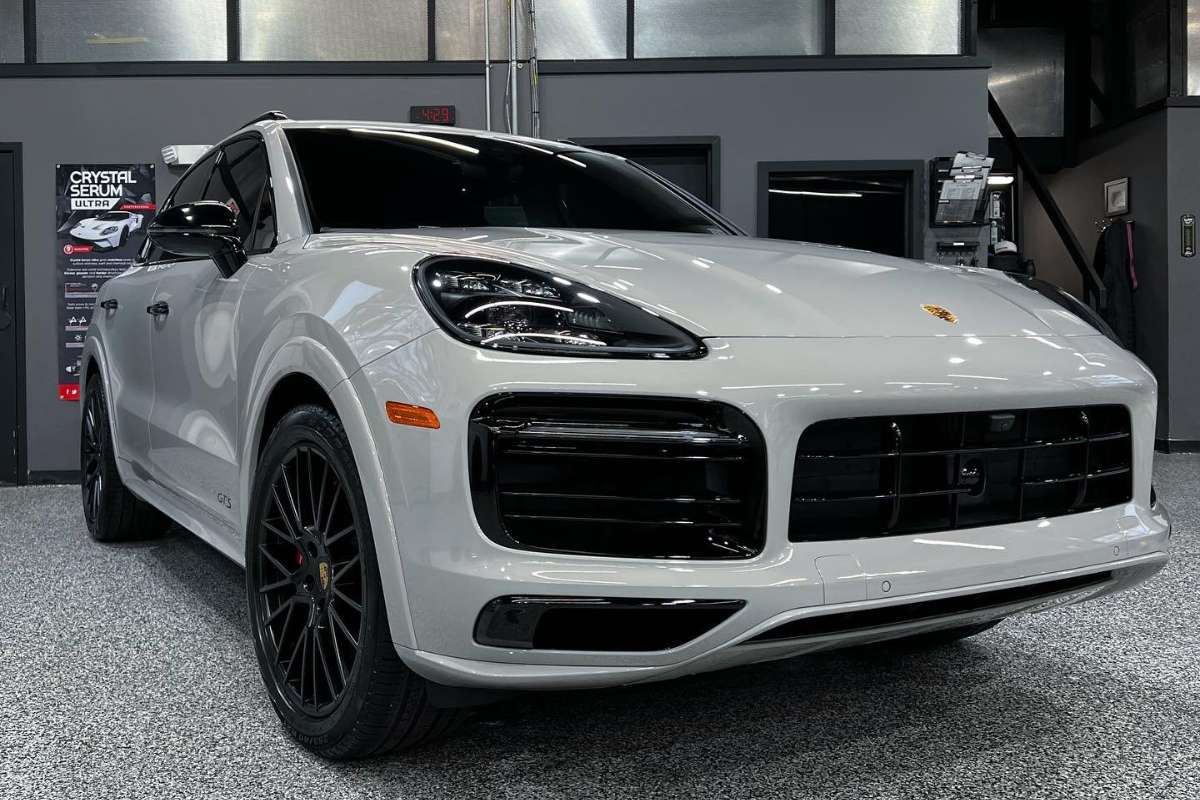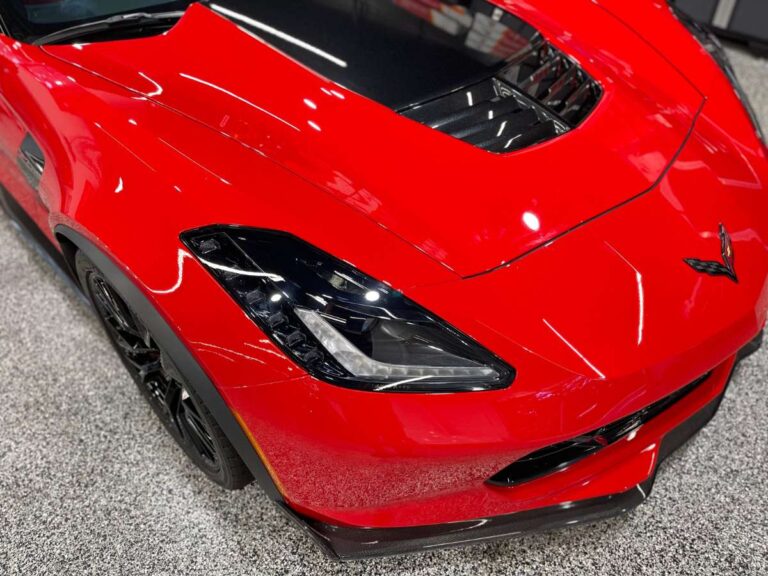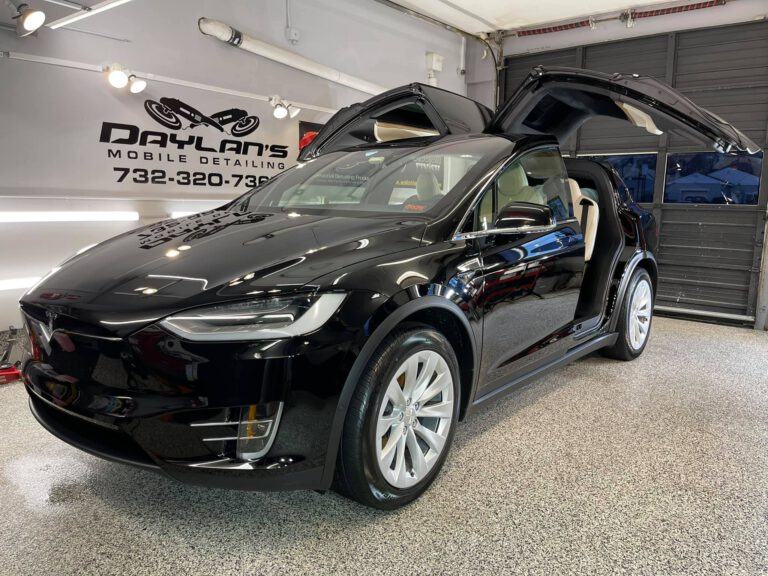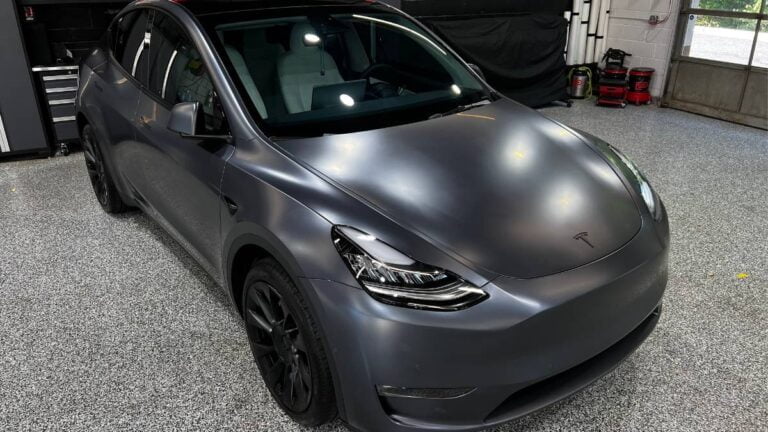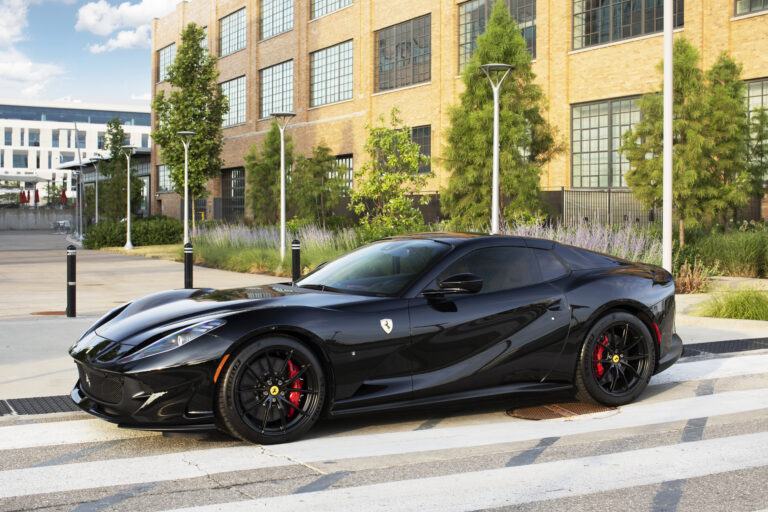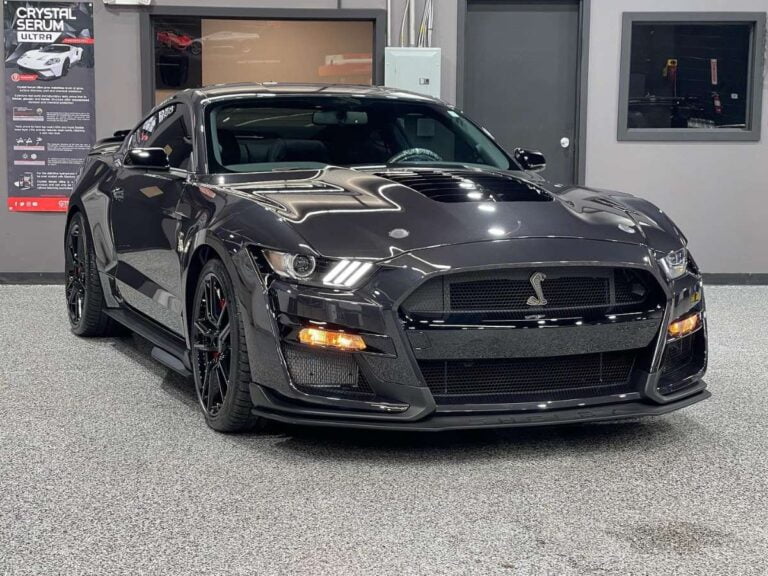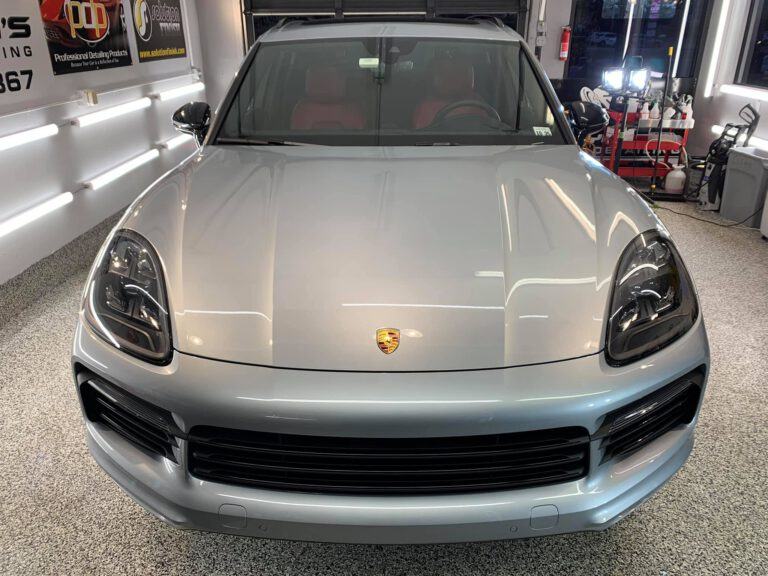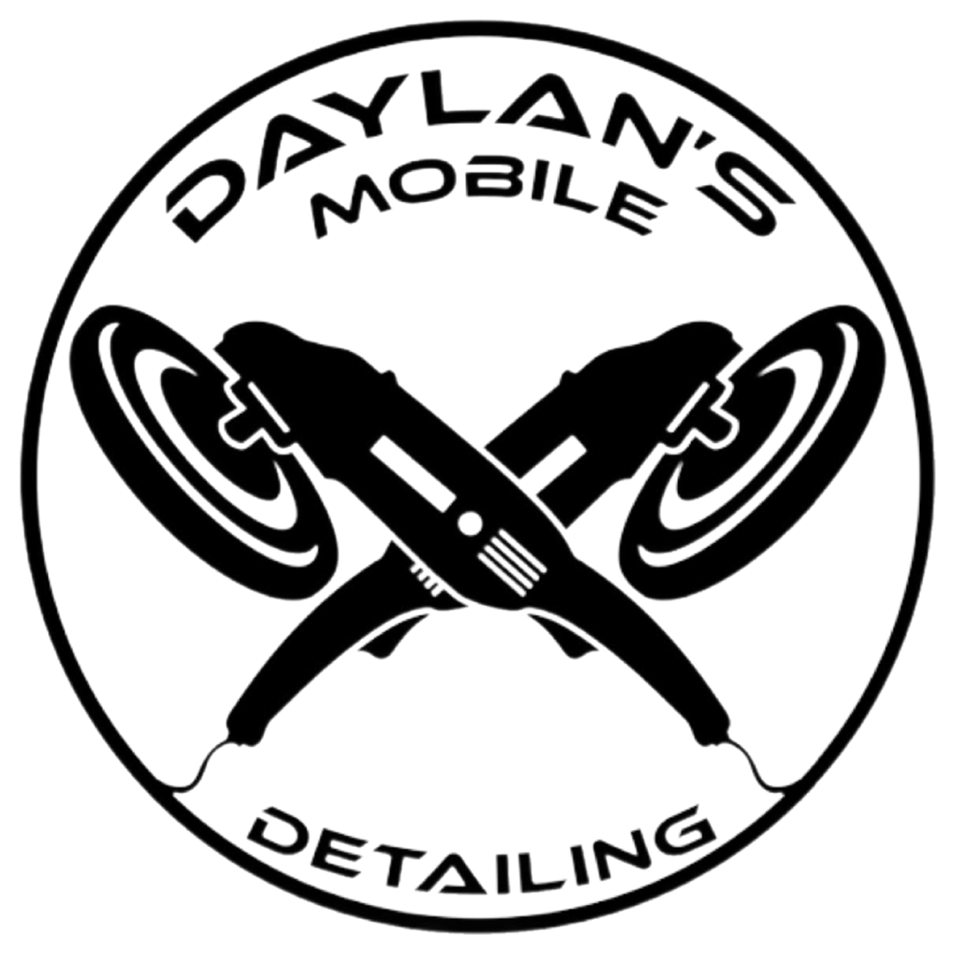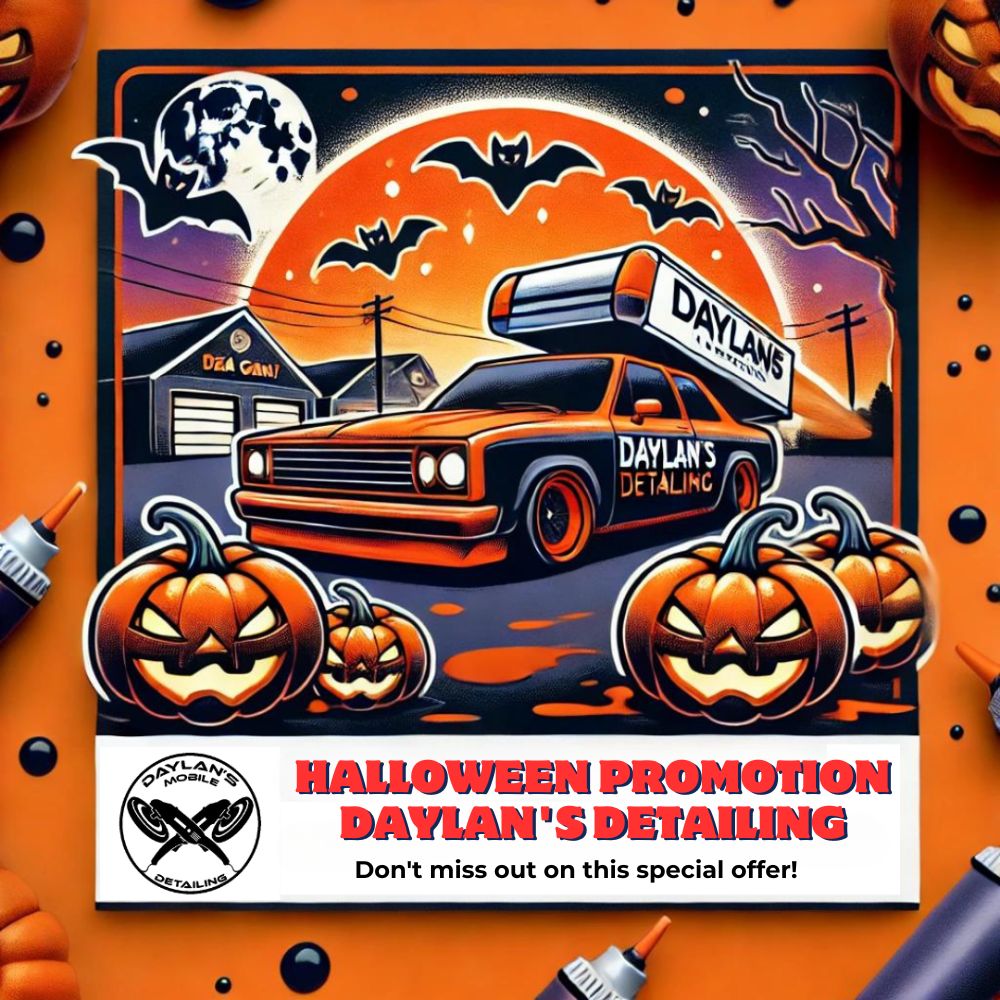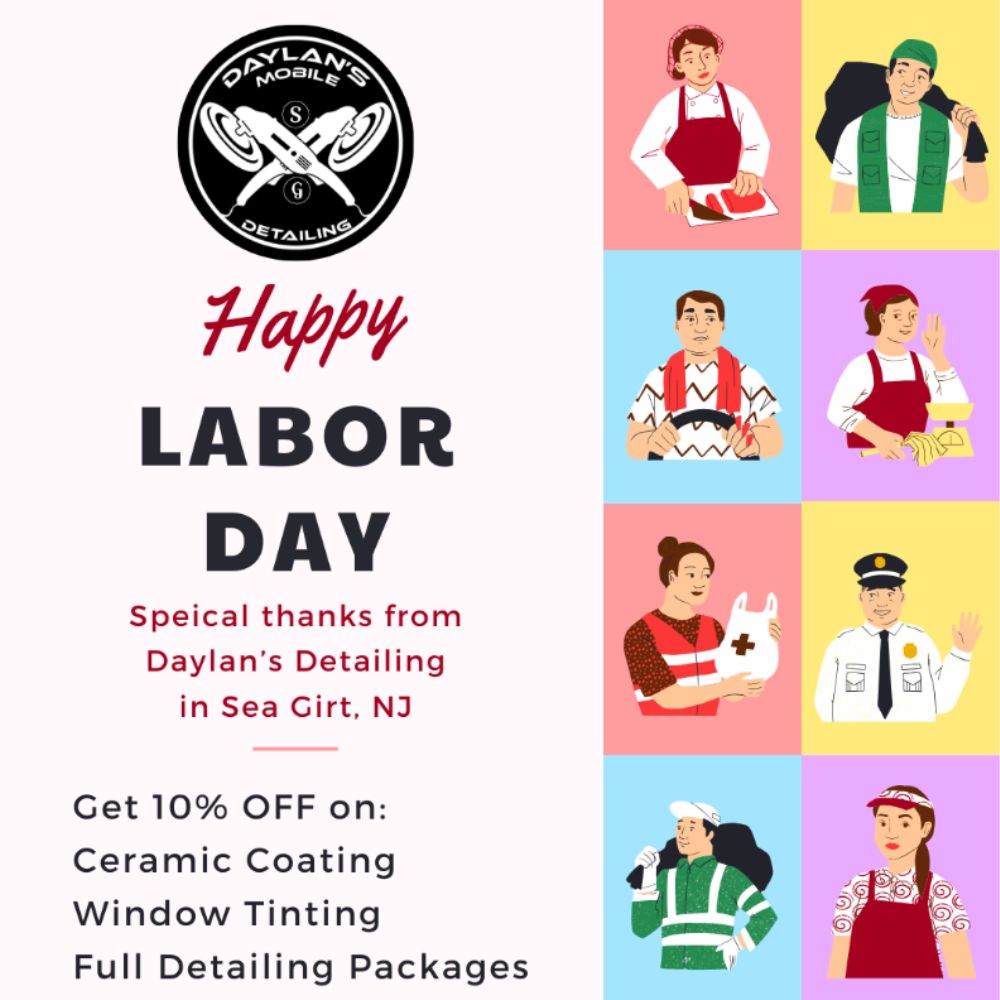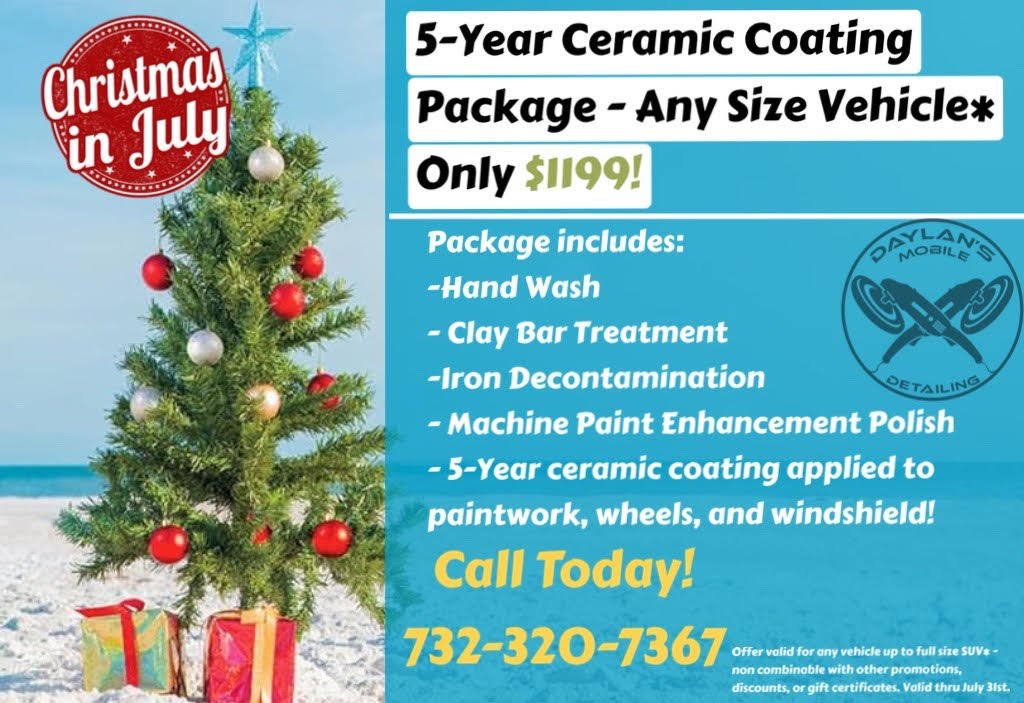10 essential paint protection film (PPF) terms you should know
In the automotive world, maintaining the pristine look of your vehicle is paramount. This is where paint protection film PPF comes into play. Understanding the key terms related to PPF can help you make informed decisions whether you’re a car enthusiast or a professional. Here are ten essential paint protection film terms you should know, provided by Daylan’s Detailing. Let’s check it out!
Automotive paint protection film (PPF)
Definition: Automotive Paint Protection Film (PPF) is a transparent, thermoplastic urethane film applied to the painted surfaces of a vehicle to protect the paint from chips, scratches, stains, and other minor abrasions.
This film acts as a sacrificial layer that absorbs the damage, ensuring that the original paintwork remains unblemished. It’s particularly valuable for high-end vehicles or those with custom paint jobs. Automotive Paint Protection Film is an essential investment for maintaining your car’s exterior in pristine condition. Regular maintenance and proper Paint Protection Film installations can significantly extend the lifespan of your vehicle’s paint.
Self-healing technology
Definition: Self-healing technology in PPF refers to the film’s ability to repair minor scratches and swirl marks on its own when exposed to heat, such as from the sun or hot water.
This feature ensures that minor imperfections disappear without the need for professional intervention, maintaining a flawless appearance over time. Advanced automotive PPF now often includes self-healing technology, making it a popular choice for car owners looking for low-maintenance protection.
Hydrophobic properties
Definition: Hydrophobic properties in PPF mean that the film repels water and other liquids, causing them to bead up and roll off the surface.
Importance: This helps in keeping the car clean, as dirt and grime are less likely to stick to the surface. It also reduces the risk of water spots and staining.
With hydrophobic properties, Paint Protection Film installations not only protect your car but also keep it looking cleaner for longer.
Clarity
Definition: Clarity refers to the transparency and lack of visible distortion in the PPF once applied.
High clarity ensures that the PPF does not alter the appearance of the car’s paint, allowing the original color and finish to shine through. When selecting an automotive PPF, clarity is a crucial factor to consider to maintain the aesthetic appeal of your vehicle.
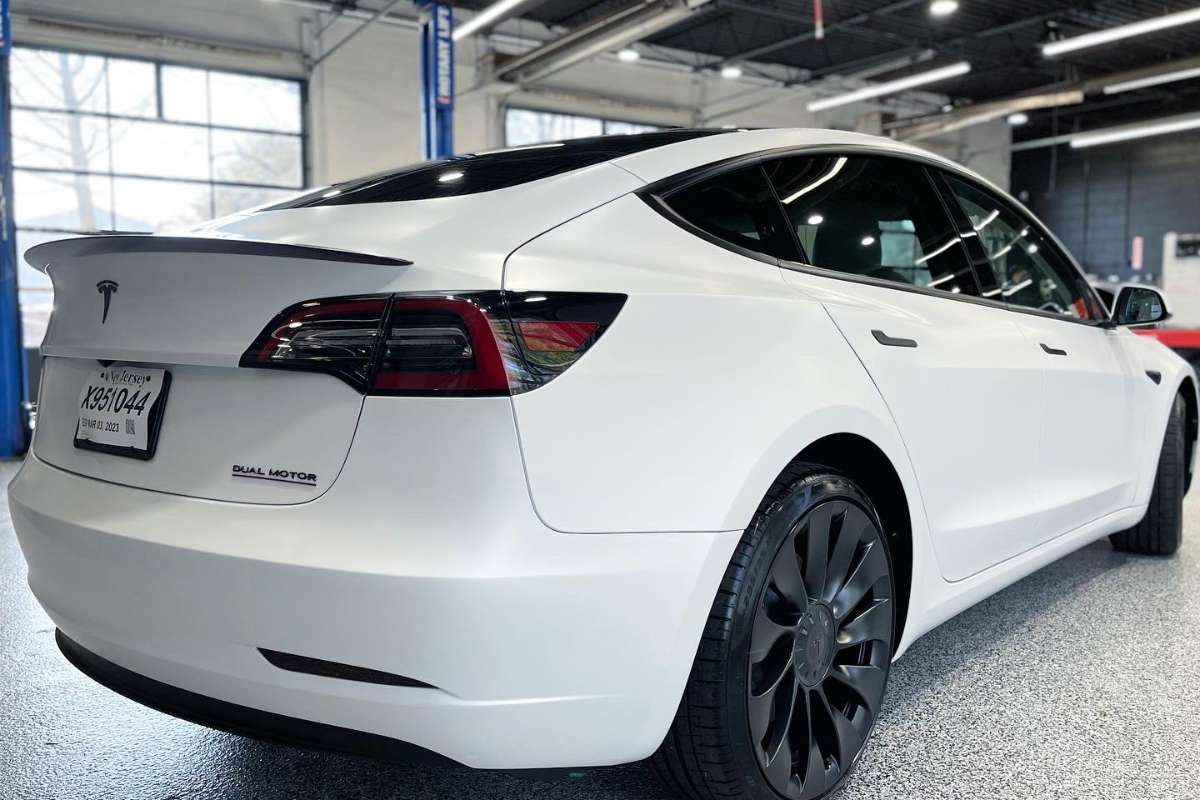

Thickness
Definition: The thickness of PPF typically ranges from six mils to ten mils. The thickness can influence the level of protection provided.
Thicker films offer better protection against physical damage but may be more challenging to install and less flexible around curves and edges. Understanding the thickness of PPF is essential for ensuring that your installations provide the right balance of protection and flexibility.
Adhesive quality
Definition: The adhesive quality of PPF refers to the strength and durability of the adhesive used to bond the film to the vehicle’s surface.
High-quality adhesive ensures the film stays in place without peeling or bubbling, even under harsh conditions. For long-lasting PPF installations, the adhesive quality is a critical component that should not be overlooked.
UV resistance
Definition: UV resistance means the film can withstand prolonged exposure to ultraviolet rays without degrading or yellowing.
UV resistance ensures that the film does not discolor over time, maintaining its protective properties and the vehicle’s appearance. Choose automotive PPF with UV resistance to protect your car’s paint from the damaging effects of the sun.
Stain resistance
Definition: Stain resistance is the ability to resist staining from environmental contaminants such as bird droppings, tree sap, and road tar.
Stain-resistant PPF helps maintain the car’s pristine look by preventing permanent marks on the film. Stain resistance is a vital feature to look for in PPF installations to keep your car looking like new.
Top coat
Definition: The top coat is the outermost layer of PPF, designed to provide additional protection and enhance the film’s durability and performance.
A robust top coat can enhance self-healing properties, UV resistance, and overall longevity of the film. Ensure that your automotive PPF includes a high-quality top coat for maximum protection and durability.
Custom-fit
Definition: Custom-fit refers to the precision with which PPF is cut and applied to match the exact dimensions and contours of a specific vehicle model.
A custom-fit ensures seamless coverage and optimal protection, reducing the risk of bubbles, wrinkles, and other installation issues. Custom-fit PPF installations are essential for achieving a flawless, professional look and superior protection for your vehicle.
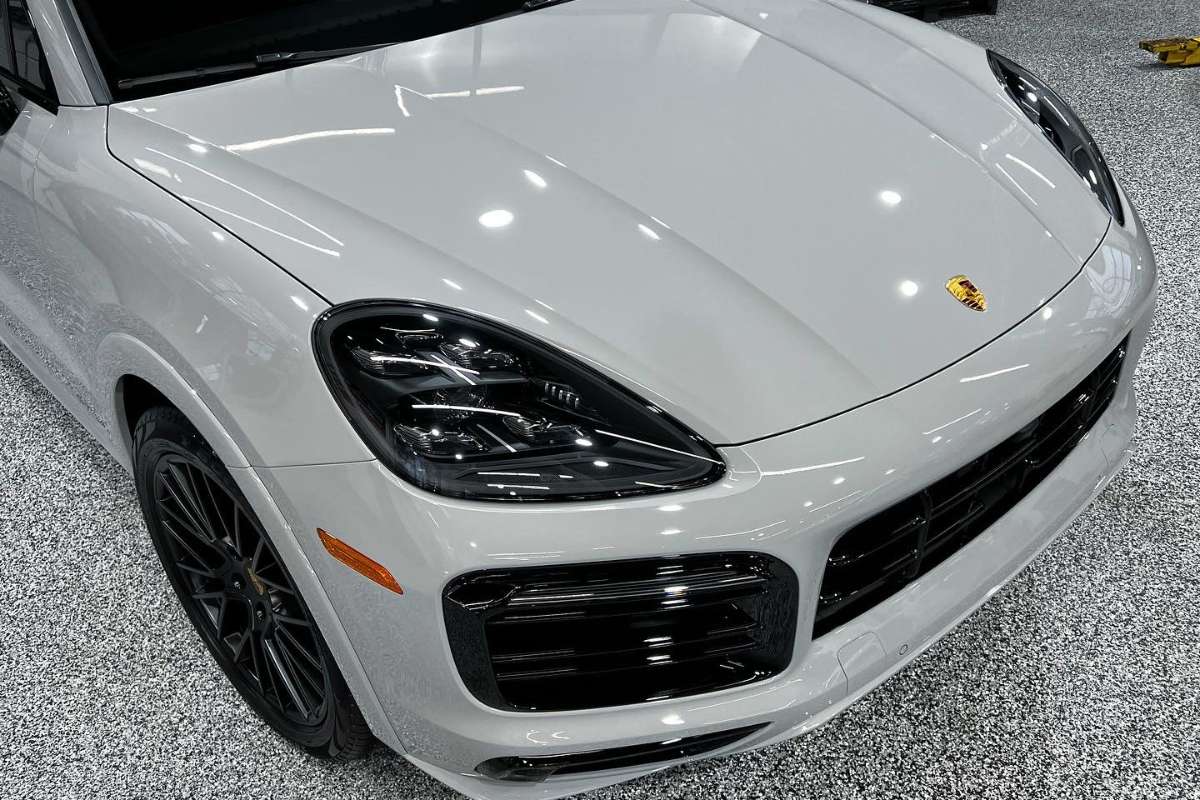
Are there any downsides to PPF?
PPF offers numerous benefits, but it’s important to consider the potential downsides before deciding to invest in it for your vehicle. Here are some of the most common drawbacks associated with PPF:
Cost
High-quality PPF and professional installation can be quite expensive. While the protection PPF offers can save money in the long run by preventing paint damage, the upfront cost might be off-putting for some car owners.
Maintenance
Although PPF is designed to be durable, it still requires maintenance. Neglecting maintenance can lead to issues like film discoloration, reduced hydrophobic properties, and diminished self-healing capabilities.
Limited lifespan
Depending on the quality of the film and the conditions it is exposed to, PPF typically lasts between five to ten years. Over time, the film may start to show signs of wear such as yellowing, peeling, or loss of self-healing properties, necessitating replacement and incurring additional costs.
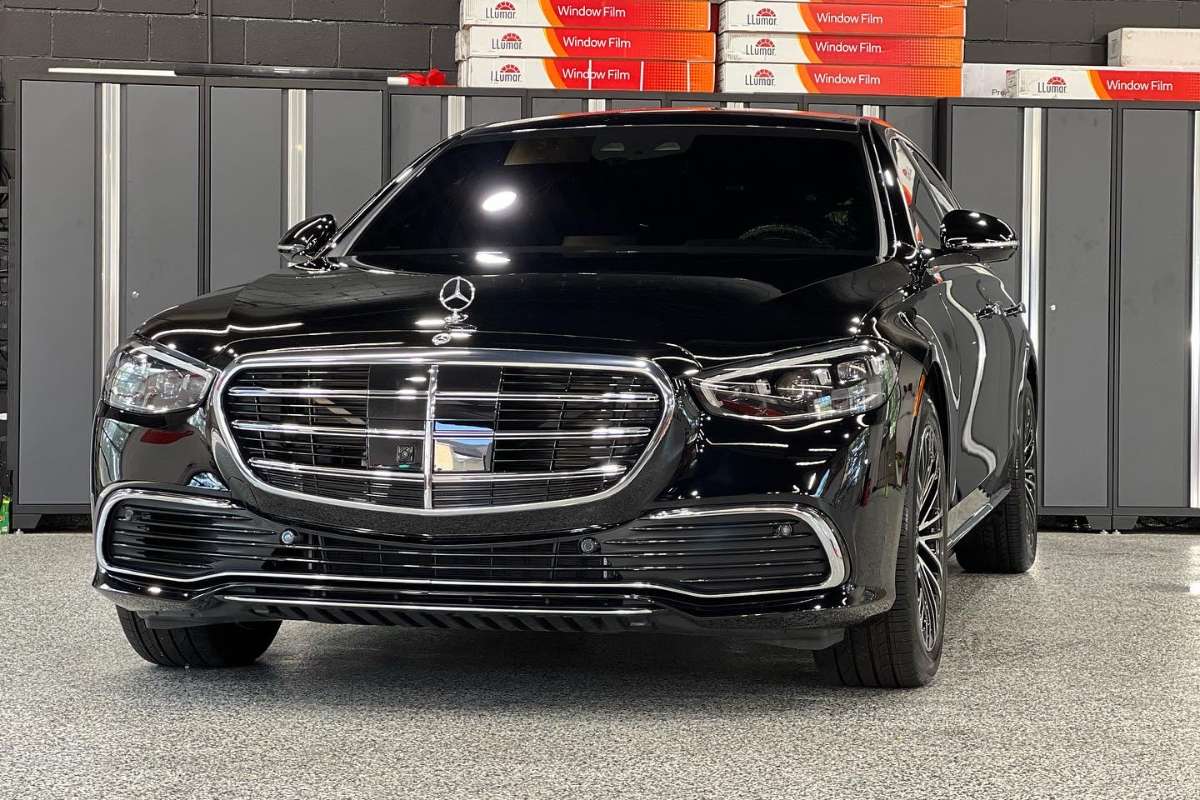
Installation challenges
Proper installation of PPF requires skill and experience. If not installed correctly, PPF can develop bubbles, wrinkles, or edges that peel, leading to an unattractive appearance and reduced effectiveness.
Professional PPF installer in Sea Girt, NJ
Toms River’s weather, with its mix of humidity, rain, salty air, and snow, is detrimental to car paint and can lead to rust and fading. Here at Daylan’s Detailing, we understand the importance of protecting your vehicle’s pristine paint job. That’s why we offer expert PPF installation.
Our experienced technicians meticulously apply high-quality PPF to your car, creating an invisible shield against scratches, chips, and environmental damage. Ready to discuss your PPF needs? We’re conveniently located at 2163 NJ-35 Suite B, Sea Girt, NJ 08750. Give us a call at (732) 320-7367 to schedule a consultation.



